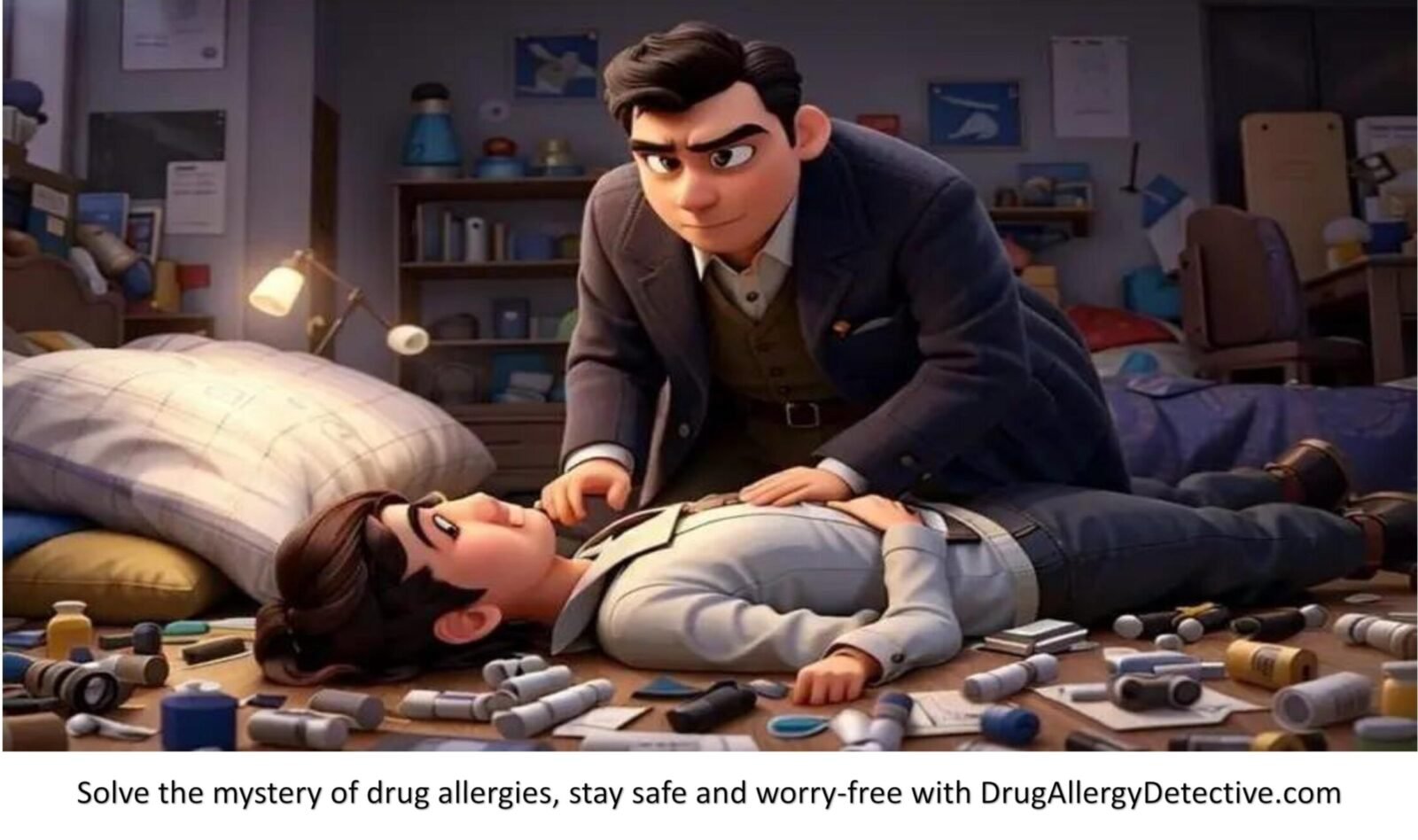Severe Cutaneous Adverse Reactions (SCARs), such as acute generalized exanthematous pustulosis (AGEP), Drug Reaction with Eosinophilia and Systemic Symptoms (DRESS), and Stevens-Johnson Syndrome (SJS), are among the most feared drug-related complications. These conditions can result in devastating outcomes, and the conventional approach to managing SCARs emphasizes strict avoidance of the suspected culprit drug to prevent potentially fatal recurrences. But is avoidance always the only path forward? Could there be room for a more nuanced strategy in specific cases? Not All SCARs Are Created Equal SCARs represent a spectrum of disorders,…
Read MoreTag: personalized medicine
AI Detectives: How Machine Learning Could Revolutionize Drug Allergy Diagnosis
Introduction Drug allergies can have severe consequences, necessitating accurate diagnosis and management. A research group focused on drug allergies has made significant progress in this area. They developed and evaluated two drug allergy prediction models, publishing the data in the Journal of Allergy and Clinical Immunology. The Models The study utilized a machine learning approach, specifically a random forest (RF) model and a logistic regression (LR) model, to identify culprit drugs based on drug-specific IFN-γ-releasing cells and clinical parameters in non-immediate drug hypersensitivity. The RF model achieved an average AUROC…
Read More

